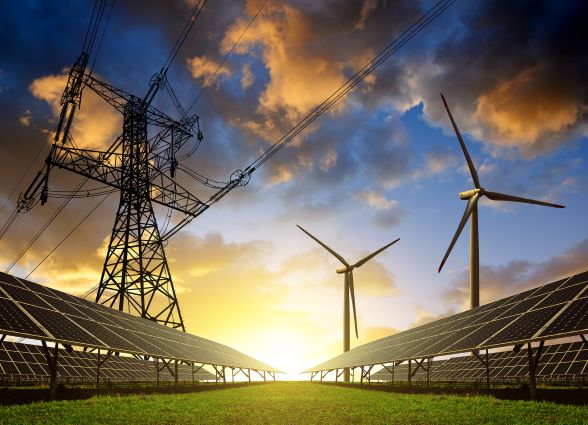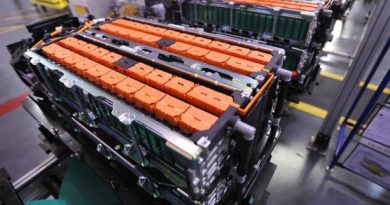Economic Survey 2019: Investment of $30 Billion/Year Expected for Renewable Energy
The Economic survey released today expects over $300 Billion investment for Renewable energy sector till 2030
 Money may stream says Economic Survey
Money may stream says Economic Survey
The Economic Survey presented in parliament a day before the annual Budget pitched for fresh investments to the tune of a massive $330 billion in the renewable energy sector over the next decade through 2030.
The survey said: “Broad estimates suggest that additional investment in renewable plants for upto the year 2022 (without transmission lines) would be about US$ 80 billion at today’s prices and an investment of around US$ 250 billion would be required for the period 2023-2030. Thus, on an annualized basis, investment opportunity for over US$ 30 billion per year is expected to come up for the next decade and beyond.”
The economic survey discussed the positives of the sector and said that progressively declining costs, improved efficiency and reliability have made renewable energy an attractive option for meeting the energy needs in a sustainable manner and helping India pursue its low carbon development pathway.
It stated that around 27 GW renewable power capacity is under installation and over 38 GW underbidding and the national target is to achieve an installed capacity of renewable-based power of 175 GW by the year 2022.
Discussing the share of Renewables’ (excluding hydro above 25 MW) in the energy mix, the economic survey said that in total, generation has increased. Renewables were around 10 percent in the year 2018-19 compared to around 6 percent in 2014-15. The Survey said globally India stands 4th in wind power, 5th in solar power and 5th in renewable power installed capacity. The cumulative renewable power installed capacity (excluding hydro above 25 MW) has more than doubled from 35 GW on 31 March 2014 to 78 GW on 31 March 2019.
Energy Efficiency
According to the economic survey report, the implementation of various energy efficiency programs has resulted in total cost savings worth Rs 53,000 crore in 2017-18 and contributed in reducing 108.28 Million Tonnes of CO2 emission. The contribution is largely from three major programs – PAT, UJALA and Standard & Labelling.
The overall electricity savings due to energy efficiency measures is 7.21 percent of the net electricity consumption in 2017-18, total thermal energy saved is 2.7 percent of the net thermal energy consumption and 2.0 percent of the net energy supply, the survey said.
The Survey also drew a conclusion saying: “A comprehensive energy policy should take into consideration the economies of both coal and renewables as they are interdependent. They are substitutes for each other as a source of energy but are complementary in keeping the flow to the grid stable as coal generation represents a stable source of power while renewable energy may be variable.”




